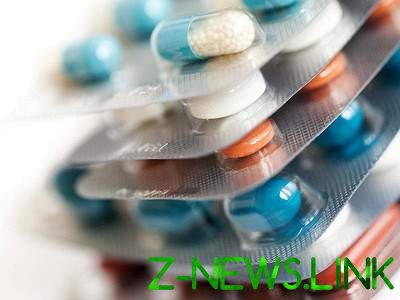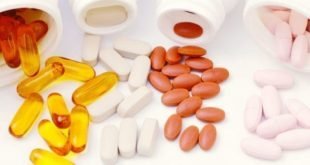 Narration another dangerous side effect of antibiotics.
Narration another dangerous side effect of antibiotics.
Whether you’re using one of the most common treatments for major diseases – antibiotics – are increasingly questioned. This is largely due to the emergence of superbugs with resistance to nearly all existing drugs. However, some scientists do not believe that a course of antibiotics is to drink until the end.
Researchers from the broad Institute, which unites Harvard and mit have made a discovery that will probably also take note of “witness for the prosecution”. It turned out that the antibiotics have extremely dangerous side effect: they eliminate their own allies.
We are not talking about the beneficial bacteria that the antibiotics inhibit the intestinal microbiota has long been known. But microorganisms are not the only victim of drugs.
The authors of the new work found that antibiotics reduce the efficiency of the immune cells, and also interfere with the action of the metabolites (produced by the cells at intermediate stages of metabolic reactions), which in fact, should “play for the same team”, helping each other to remove the infection.
“Antibiotics interact with cells, particularly of the immune, in ways about which we were unaware. A biochemical context, changed antibiotics and cells of the surrounding tissue is of great importance in making predictions about how the drug may affect different people or different infections,” — says one of the lead authors of the study Jason Yang (Jason Yang).
Together with colleagues he conducted research on mice and as a result found that several types of antibiotics damage the mitochondria in mice, which affects the metabolic reaction. And metabolites released by cells, play an important role in the treatment process.
In the experiment, the rodents were infected with E. coli (Escherichia coli) and then were treated with a common antibiotic called ciprofloxacin. It was given to animals with water in concentrations comparable to those that doctors usually prescribe to patients.
This drug worked directly on the tissue of mice that have altered metabolic processes, but not in the microbiota, and right in the tissues. And these changes were counterproductive: the metabolites started “working for the enemy”, making E. coli more resistant to antibiotics.
But that’s not all. Ciprofloxacin also reduced the effectiveness of the immune system: it suppresses the action of macrophages – cells, which capture and digest bacteria.
In addition, under the action of the drug was changed biochemical environment, and immune cells, it was difficult for her to adapt to the new environment they literally gasped (which is logical, since cellular respiration is a biochemical reaction, too).
“It is generally assumed that antibiotics affect bacterial cells, but in fact they evoke responses in mammalian cells. The drugs cause a change in which the susceptibility of bacteria to treatment only reduced, moreover, antibiotics reduce the functional advantage of immune cells,” concludes lead author James Collins (James Collins).
However, his team does not consider this news bad. On the contrary, knowing what biochemical shifts start antibiotics, you can develop more effective treatments, perhaps even against superbugs, adds Yang.
His colleagues to conduct a series of studies to test the effect of antibiotics on different organisms in various infections. The scientists also want to track what happens to the metabolites and immune cells of patients undergoing long courses of treatment with different drugs.
© 2017 – 2019, paradox. All rights reserved.





